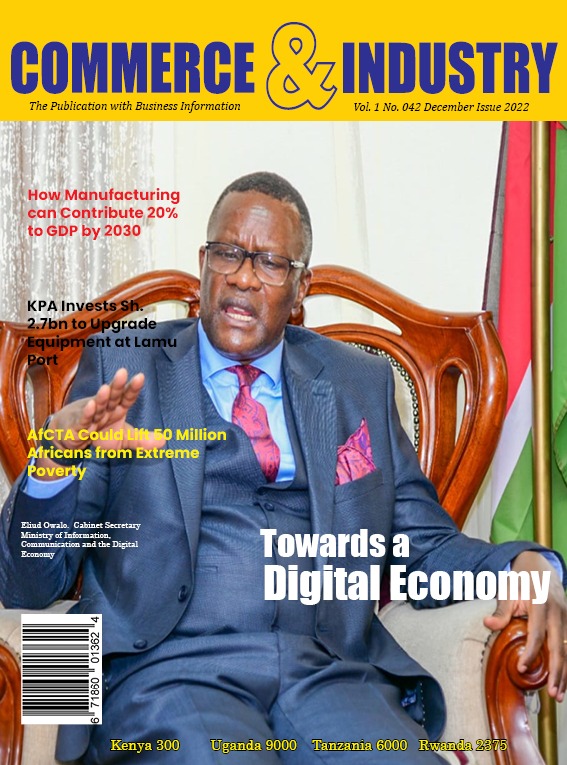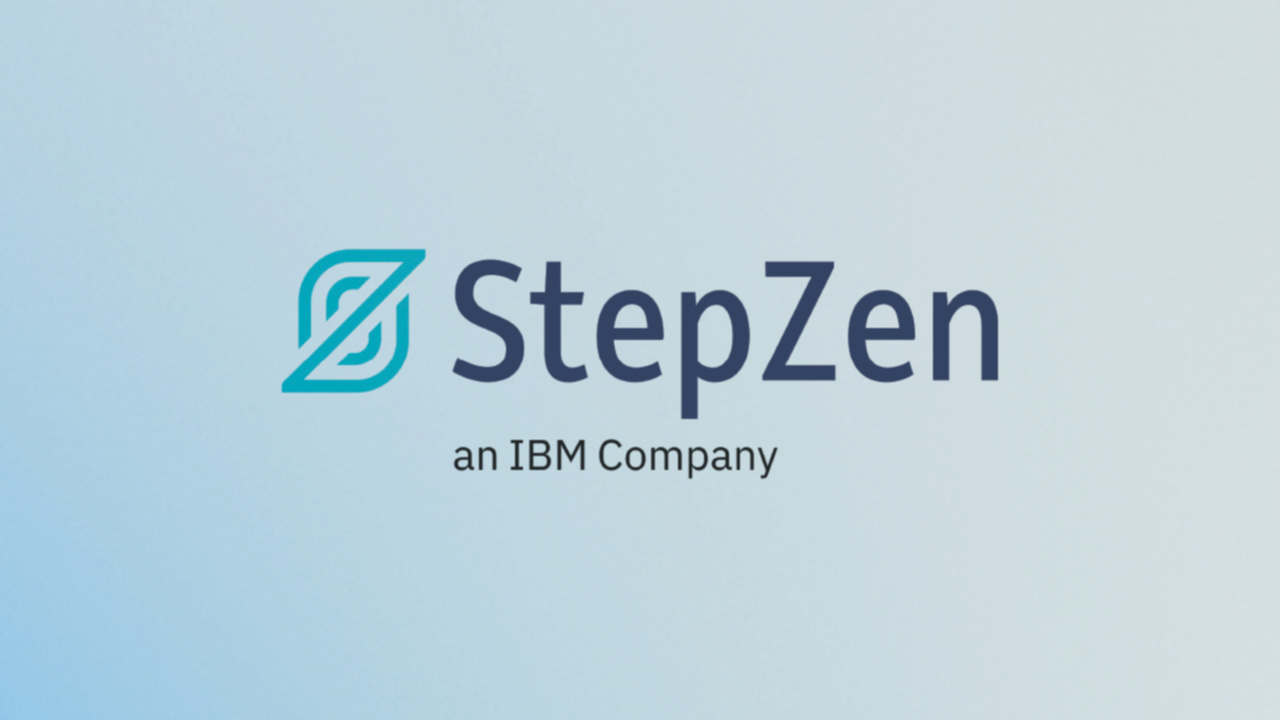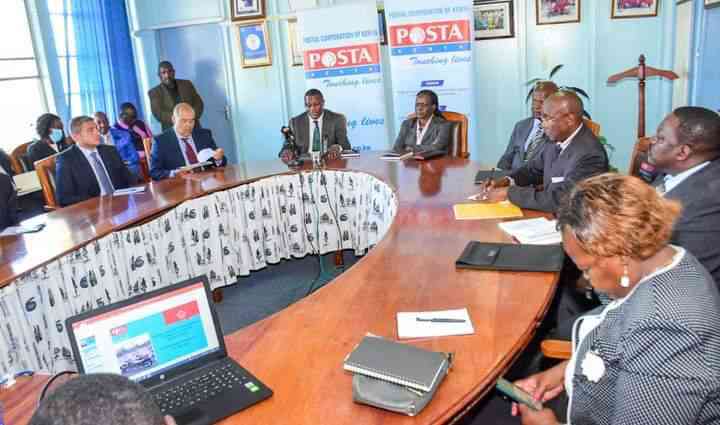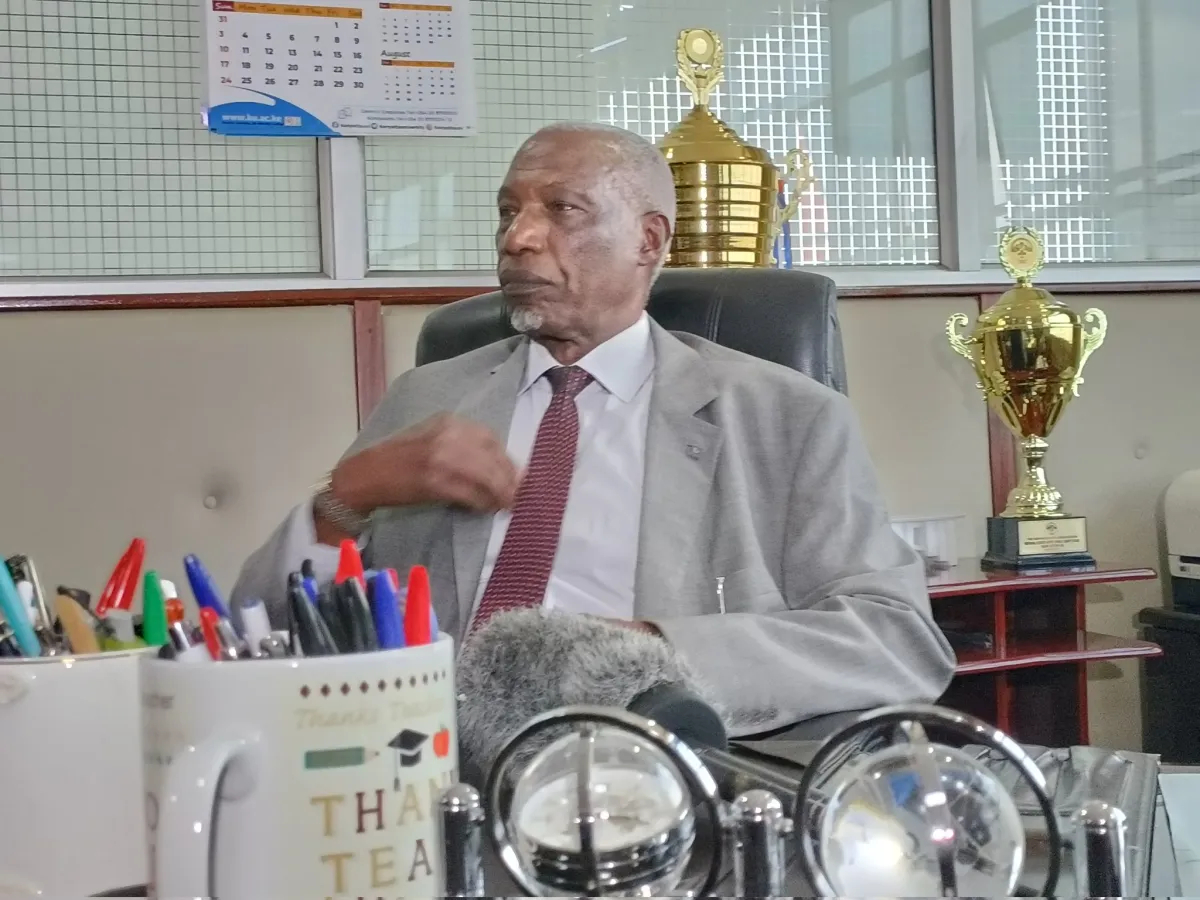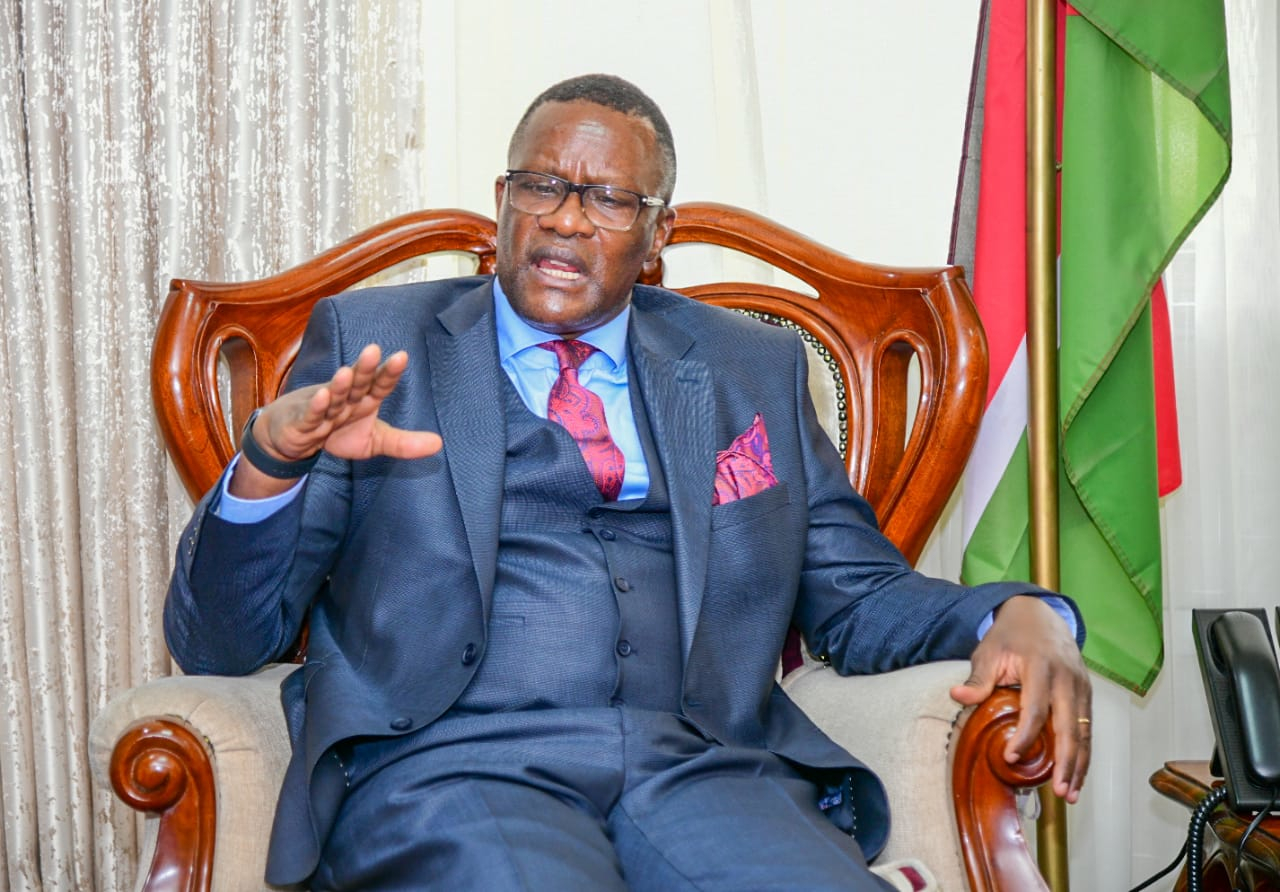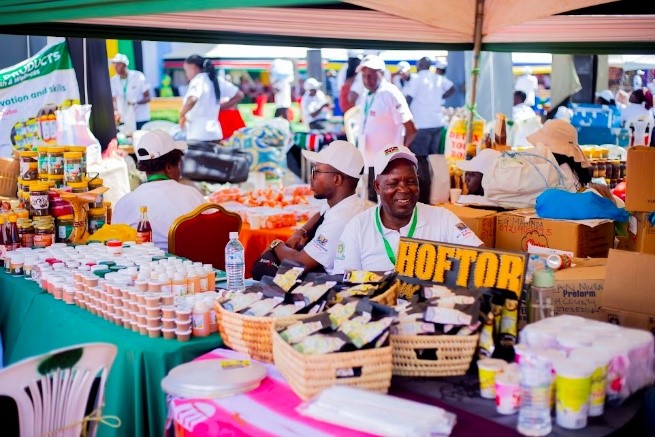
Revised 2025 MSME policy set to enhance MSMEs’ credit access
- Many MSMEs remain largely undocumented in the formal financial ecosystem, lacking the credit history and visibility that banks require to extend loans.
The government is in the final stages of revising the National MSME policy, with the 2025 framework poised to significantly enhance credit access for MSMEs and unlock the sector’s untapped economic potential.
Speaking on the policy overhaul during a stakeholder meeting held at a Mombasa hotel, Anthony Njeru, Chief Economist for MSMEs at the State Department of MSME Development, said the new strategy aims to address longstanding barriers including limited financing, market access challenges, and informal operations that have hindered the growth of micro, small, and medium enterprises in the country.
The revised policy seeks to create a more enabling environment to support this growth trajectory.

“If implemented effectively, this policy has the potential to transform the MSME sector into a major driver of economic growth through enhanced job creation, increased GDP contribution, and improved export capabilities,” he stated, underscoring the sector’s pivotal role in the country’s broader development agenda.
The policy is currently undergoing final stakeholder consultations, with the process expected to conclude by June 30th, according to Njeru.
“This week, we are conducting county-level engagements to ensure that all voices are heard and adequately reflected in the final policy draft,” he said.
Following these consultations, the finalized document will be submitted to the National Assembly for review and approval.
Subsequently, it will be forwarded to the Cabinet for endorsement. If all goes according to plan, the government aims to officially launch the implementation of the new policy starting July 1st.
Njeru emphasized the need to enhance MSMEs’ access to credit, particularly through formal financial institutions such as banks.
“Access to credit remains one of the biggest barriers to MSME growth. Our focus is on creating mechanisms that encourage financial institutions to lend more confidently to small businesses, including potential credit guarantees and risk-sharing frameworks,” he explained.
The Chief Economist highlighted the massive credit gap currently facing the MSME sector, noting that while the demand for loans stands at approximately Sh4 Trillion, commercial banks are only able to supply about Sh700 billion.
“This leaves a funding deficit of over Sh3.3 Trillion, a critical barrier to the growth and sustainability of MSMEs in Kenya,” he emphasized.
He attributed the limited lending to the sector to the perceived high risk by financial institutions. “Many MSMEs remain largely undocumented in the formal financial ecosystem, lacking the credit history and visibility that banks require to extend loans,” said Njeru.
To bridge this gap, the revised policy proposes leveraging government-backed funds such as the Hustler Fund and other affirmative action financing mechanisms. These platforms aim to provide MSMEs with initial access to capital while simultaneously building their credit profiles and repayment histories.
“Once MSMEs have an established credit history, they become more attractive to commercial lenders, reducing the perceived risk and opening up opportunities for greater financial inclusion,” he explained. Njeru stressed that while the government will continue to play a supportive role, long-term sustainability lies in integrating MSMEs into the broader financial system, enabling access to private capital at scale
Speaking from the county level, Getrude Shuwe, the CECM for Trade, Tourism, and Cooperative Development in Taita Taveta County, emphasized the importance of harmonizing efforts between the State Department and County Governments in supporting MSMEs.
“There is often confusion among entrepreneurs about where to go for support, whether it’s financial assistance, technical aid, or market linkages. Many don’t know whether to approach the State Department or their County Government,” Shuwe said.
She pointed out that while various funding programs exist, such as the Youth Fund, Uwezo Fund, Hustler Fund, and the Joint Loans Board, the lack of coordination often makes it difficult for business owners to access them efficiently.
“Currently, counties also allocate funds for MSME development through their policies. For instance, here in Taita Taveta, we plan to roll out a business support initiative by June that will offer affordable credit, ranging from KES 10,000 to KES 100,000, at low interest rates,” she noted.
Shuwe advocated for a centralized and collaborative framework that unites national government agencies, county governments, development funds, and even private sector partners.
“If we had a unified platform, a ‘one-stop shop’ for MSMEs, entrepreneurs would have a clear, accessible path to support. They would no longer have to navigate a maze of institutions to find what they need,” she said.
Her remarks underscore the need for streamlined governance and integrated service delivery, reinforcing the revised MSME policy’s goal of removing systemic barriers and accelerating enterprise growth across the country.
The MSME policy review aims to minimize the barriers in the MSME sector that stifle business growth and development.
It is expected that the new reviewed policy and MSME Act 2025 will unlock and improve access to finance, reducing regulatory burden, enhance market access, and upgrade MSME infrastructure, as well as nurturing a supportive MSME ecosystem.


